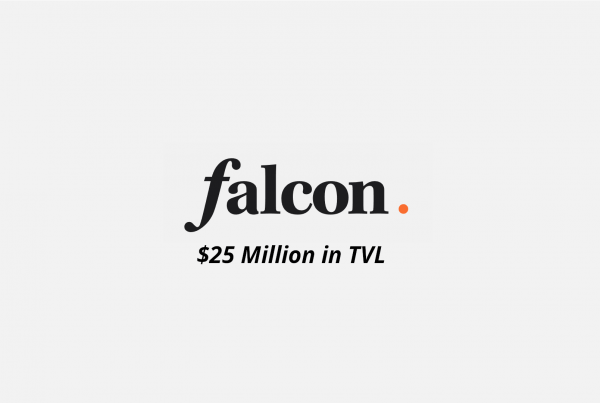
Key takeaways:
- Iran has softened its stance on cryptocurrency mining and will grant over 1,000 operating licenses to miners using renewable energy
- In 2021, the Iranian officials issued a ban on crypto mining after the nation suffered from a series of electricity blackouts
- According to last year’s data, Iran accounted for more than 3% of the global Bitcoin hashrate
The Iranian government will grant operating licenses to crypto miners that use renewable energy
At the tail end of 2021, the Islamic Republic of Iran banned cryptocurrency mining due to high energy consumption associated with the process of securing blockchain networks and minting new coins. The decision was in large part reached due to a series of electricity blackouts the Middle Eastern country suffered throughout the year.
Now, four months after the ban was put in place, Iranian officials have released a new set of guidelines designed to regulate the industry. According to last year’s data curated by the University of Cambridge, Iran accounts for roughly 3.1% of the global Bitcoin hashrate.
Per the new rules issued by the Ministry of Industry, Mine, and Trade (MIMT), cryptocurrency miners are allowed to file for an operating license as long as they meet the following criteria. Be in Crypto reports that the licenses will be given only to those mining farms that consume electricity exclusively from renewable power plants. The government will reportedly be issuing over 1,000 operating licenses.
According to Blockchain.com, Bitcoin’s total hashrate has been steadily increasing since last summer and currently sits at 206 EH/s, up from 58 EH/s last July. Along with the rise in hashrate, Bitcoin mining difficulty reached a new all-time high in February, which confirms that a growing number of miners are joining the Bitcoin network.
Despite issuing a ban on crypto mining, Iran has historically been in favor of digital assets, especially as a means of bypassing economic sanctions enforced by the US. Case in point, earlier this year, the Central Bank of Iran announced it would allow domestic merchants to use crypto in international trade deals. Additionally, Iran’s central bank is developing its own central bank digital cryptocurrency (CBDC), which is slated to enter a pilot phase in the near future.



